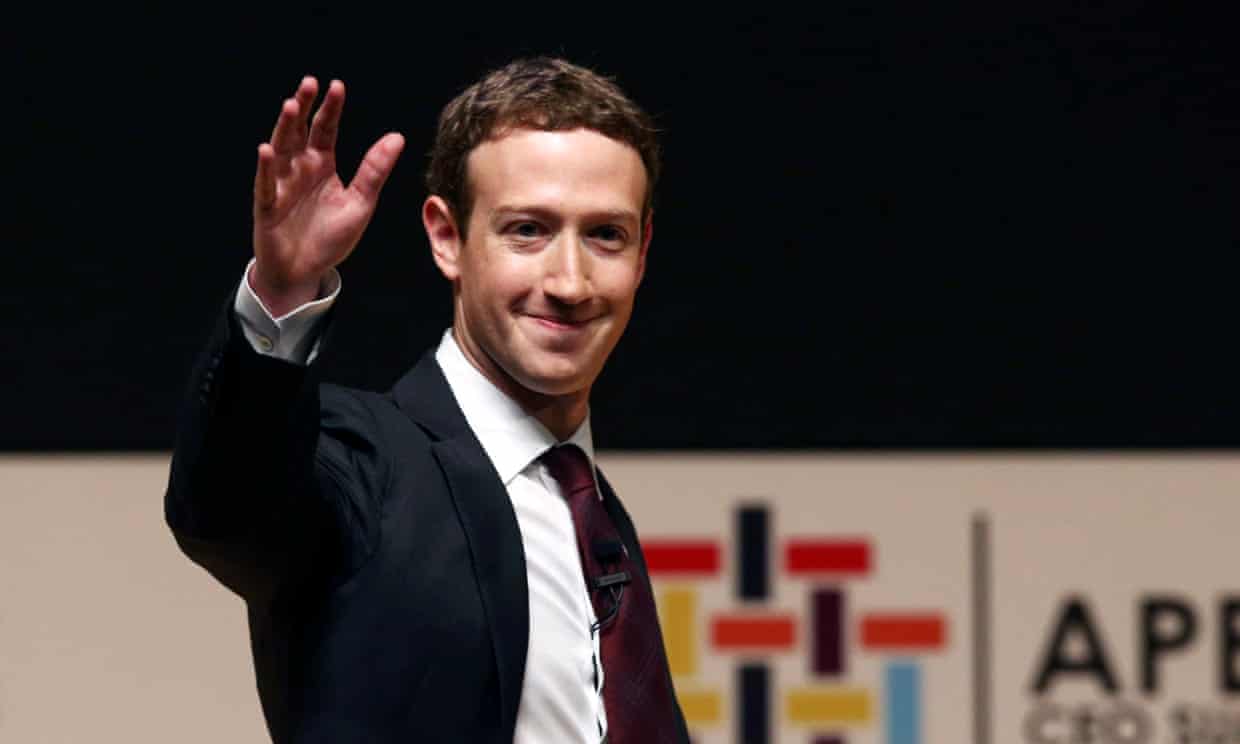 . “For election day influence, Twitter ruled social media,” fumed the New York Times. “Donald Trump won Twitter, and that was a giveaway that he might win the presidency,” claimed Business Insider. And “Donald Trump won because of Facebook,” wrote Max Read in New York magazine.
. “For election day influence, Twitter ruled social media,” fumed the New York Times. “Donald Trump won Twitter, and that was a giveaway that he might win the presidency,” claimed Business Insider. And “Donald Trump won because of Facebook,” wrote Max Read in New York magazine.
Twitter was castigated mainly because it was Trump’s favoured channel and his tweeting provided a masterclass in how to exploit it. Facebook was in the dock, though, for a different reason: it was claimed that fake news stories that had spread virally on the service had inflicted real damage on the Clinton campaign. Among these were stories that the pope had endorsed Trump, that Hillary Clinton had bought illegal arms worth $137m and that the Clintons had purchased a $200m house in the Maldives. (There was probably worse stuff, but I didn’t have the stomach to do the necessary trawl.)
In the end, the finger-pointing got to Facebook’s boss, Mark Zuckerberg, who was moved to offer a pained response. “After the election,” he wrote, “many people are asking whether fake news contributed to the result and what our responsibility is to prevent fake news from spreading. These are very important questions and I care deeply about getting them right.” He went on to point out that “of all the content on Facebook, more than 99% of what people see is authentic. Only a very small amount is fake news and hoaxes. The hoaxes that do exist are not limited to one partisan view or even to politics. Overall, this makes it extremely unlikely hoaxes changed the outcome of this election in one direction or the other.”
Nevertheless, Zuckerberg says that he doesn’t want fake news on Facebook, but it turns out that getting rid of it is very difficult because “identifying the ‘truth’ is complicated”. Philosophers worldwide will agree with that proposition. But you don’t need to have a Nobel prize to check whether the pope did indeed endorse Trump or whether Clinton conducted the supposed purchases of arms or a Maldives house.
Zuckerberg’s problem is that he doesn’t want to engage in that kind of fact-checking, because that would be a tacit acknowledgement that Facebook is a publisher rather than just a technology company and therefore has some editorial responsibilities. And what he omits to mention is that Facebook has a conflict of interest in these matters. It makes its vast living, remember, from monitoring and making money from the data trails of its users. The more something is “shared” on the internet, the more lucrative it is for Facebook.
TVNL Comment: TV cable news spouted propaganda and lies in unison from the days leading to the illegal invasion of Iraq through the 2016 election. It was always about ratings, never, ever about facts.
Social media's claim to posting 'news' continues the goal of dummying down the American public. To fight this ignorance, use twitter and facebook to direct others to sites such as TVNL, where we double check our sources for all the news we print.





 The Corporation for Public Broadcasting agreed Monday to fulfill a $36 million, multi-year contract with NPR...
The Corporation for Public Broadcasting agreed Monday to fulfill a $36 million, multi-year contract with NPR... Gaza's Rafah border crossing with Egypt was busy with activity Sunday as Israel said that limited...
Gaza's Rafah border crossing with Egypt was busy with activity Sunday as Israel said that limited...






























